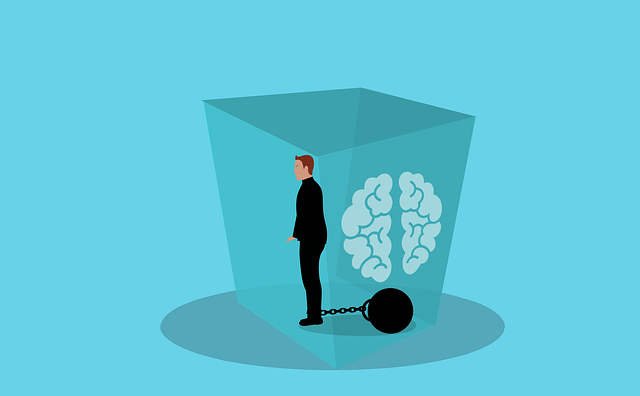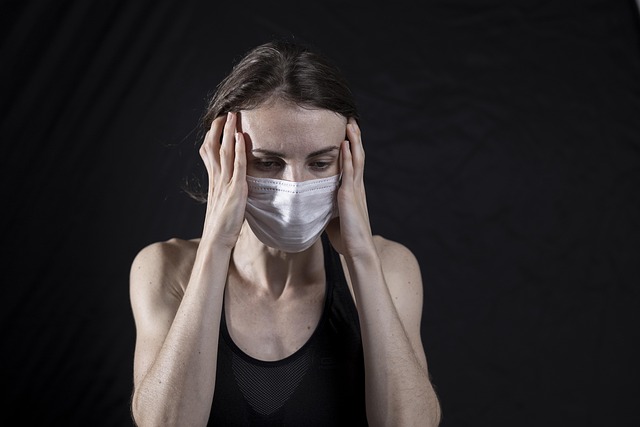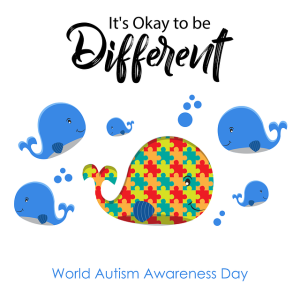Chronic anxiety, fueled by genetic predisposition, environmental triggers, brain chemistry imbalances, and past trauma, disrupts daily life with symptoms like restlessness, irritability, insomnia, fatigue, and concentration issues. Effective treatments target these roots through therapy (CBT, exposure therapy, mindfulness), medication (SSRI, benzodiazepines), lifestyle adjustments (exercise, sleep, diet), and community support, offering personalized strategies for lasting management and improved mental well-being.
Chronic anxiety can significantly impact daily life, but effective therapy options are available. This comprehensive guide explores various approaches to managing this pervasive condition, from cognitive behavioral therapy (CBT) and exposure therapy to mindfulness practices and lifestyle adjustments. Learn how these strategies help individuals confront fears, reduce symptoms, and achieve long-term anxiety relief. Discover the resources and support systems that can aid in the journey towards a calmer mind and improved well-being.
Understanding Chronic Anxiety: Symptoms and Causes

Chronic anxiety is a complex mental health condition characterized by persistent and excessive worry that interferes with daily life. Unlike typical, short-lived anxiety, chronic anxiety lasts for months or years, affecting one’s ability to function normally. Symptoms include restlessness, irritability, muscle tension, insomnia, fatigue, difficulty concentrating, and in severe cases, panic attacks.
The causes of chronic anxiety are multifaceted, often stemming from a combination of genetic predisposition, environmental triggers, brain chemistry imbalances, and past traumatic experiences. Stressful life events, such as financial troubles, relationship issues, or significant changes in routine, can also trigger or exacerbate the condition. Understanding these underlying factors is crucial for effective anxiety treatment, which may involve therapy, medication, lifestyle changes, or a combination of these approaches.
Common Approaches to Anxiety Treatment

Anxiety treatment has evolved significantly, offering a range of effective approaches to manage this chronic condition. Cognitive-Behavioral Therapy (CBT) is a popular and powerful method that focuses on identifying and changing negative thought patterns and behaviors contributing to anxiety. By learning coping strategies and challenging distorted beliefs, individuals can gain control over their anxious responses. Exposure therapy is another evidence-based technique, particularly useful for specific phobias and obsessive-compulsive disorders (OCD). This involves gradual exposure to feared situations or objects, helping individuals face their anxieties head-on.
Additionally, mindfulness-based interventions have gained prominence in anxiety treatment. Mindfulness practices encourage individuals to focus on the present moment, accept thoughts and feelings without judgment, and develop a non-reactive mindset. Techniques such as meditation, deep breathing exercises, and yoga can reduce anxiety symptoms and promote overall well-being. Combining these therapeutic approaches often yields significant results, providing personalized strategies for managing chronic anxiety effectively.
Cognitive Behavioral Therapy (CBT): A Popular Choice

Cognitive Behavioral Therapy (CBT) is one of the most popular and effective treatments for chronic anxiety. This form of therapy focuses on identifying and changing negative thought patterns and behaviors that contribute to anxiety symptoms. By challenging and replacing irrational beliefs with more realistic and balanced ones, CBT helps individuals manage their anxiety in a healthier way.
CBT offers practical strategies for coping with anxiety-provoking situations, such as relaxation techniques, exposure therapy, and problem-solving skills. These tools empower individuals to take control of their lives and reduce the impact of anxiety on their daily activities. Studies have shown that CBT is highly effective in reducing symptoms of chronic anxiety, making it a preferred choice for many seeking anxiety treatment.
Exposure Therapy: Facing Fears Head-on

Exposure therapy is a powerful and effective anxiety treatment that helps individuals confront and overcome their fears in a safe and controlled environment. This approach forms a core part of cognitive behavioural therapy (CBT), focusing on gradually exposing patients to situations or objects they fear, thereby desensitizing them over time. By facing their anxieties head-on, individuals learn to manage and reduce their response to these triggers.
The process involves breaking down overwhelming situations into smaller, more manageable parts. Patients start with less intimidating scenarios and work their way up, allowing them to build confidence and resilience. This strategic exposure helps rewire the brain’s reaction to fear, reducing the intensity of anxiety responses over time. As a result, individuals can learn to recognize and challenge their fears, leading to improved overall well-being and a greater sense of control over their lives.
Mindfulness and Meditation Techniques for Anxiety Relief

Mindfulness and meditation techniques have emerged as powerful tools in the arsenal of anxiety treatment. These practices encourage individuals to focus on the present moment, observing their thoughts and sensations without judgment. By cultivating a non-reactive mindset, practitioners can reduce the impact of anxious thoughts and feelings.
One popular method is mindfulness breathing, where individuals pay close attention to their inhalation and exhalation, allowing it to anchor them in the here and now. Guided meditation, led by a practitioner or through apps, can also be effective. These sessions often involve visualization exercises that help individuals create a calm and safe mental space, offering a respite from anxious symptoms.
The Role of Medication in Managing Chronic Anxiety

Anxiety disorders are often effectively managed through a combination of therapy and medication. While therapy plays a pivotal role in teaching individuals coping strategies, meditation can help alleviate symptoms and improve overall well-being. In the context of chronic anxiety treatment, medications like selective serotonin reuptake inhibitors (SSRIs) and benzodiazepines are commonly prescribed. SSRIs work by increasing levels of serotonin, a neurotransmitter that regulates mood, while benzodiazepines enhance the effects of GABA, an inhibitory neurotransmitter, to produce a calming effect.
These pharmacological interventions can significantly reduce anxiety symptoms over time, providing individuals with the tools to better manage their condition. However, it’s crucial to remember that medication is typically most effective when paired with psychotherapy. This combination approach allows for a holistic treatment strategy that addresses both the biological and psychological aspects of chronic anxiety, ultimately enhancing long-term outcomes in anxiety treatment.
Lifestyle Changes to Support Anxiety Treatment

In addition to therapy, implementing certain lifestyle changes can significantly support anxiety treatment and overall well-being. One crucial aspect is regular physical activity. Exercise releases endorphins, which have mood-boosting effects and can help reduce anxious thoughts. Activities like yoga or meditation can also be beneficial as they promote mindfulness and relaxation techniques that are integral to managing anxiety.
Diet plays another essential role. Reducing caffeine intake, for instance, can lessen the intensity of anxiety symptoms, as caffeine stimulates the nervous system. Instead, incorporating more omega-3 fatty acids from foods like fish, nuts, and seeds may help improve mood and cognitive function. Adequate sleep is also vital; establishing a consistent sleep routine allows your body to rest and recover, making it easier to manage anxious feelings during the day.
Support Groups and Community Resources

Support groups are a powerful tool in the journey towards managing chronic anxiety. Sharing experiences and connecting with others facing similar challenges can foster a sense of belonging and understanding, which is incredibly beneficial for those struggling with anxiety disorders. These groups provide a safe space to express fears, worries, and coping strategies without judgment. Many community centers, mental health clinics, and online platforms host such support groups, enabling individuals to connect face-to-face or virtually, depending on their comfort level and accessibility.
Community resources play a significant role in anxiety treatment by offering various services tailored to specific needs. This can include workshops focused on mindfulness techniques, stress management, and cognitive behavioral therapy (CBT) skills. Local mental health organizations often provide these programs at affordable rates or even for free, making professional support more accessible. Additionally, community forums and online communities offer ongoing support, resources, and a sense of camaraderie for those navigating the challenges of chronic anxiety.
Long-Term Management and Preventing Relapse

Anxiety treatment isn’t just about short-term relief; effective management aims for long-term strategies to prevent relapse and maintain mental well-being. This often involves integrating various techniques into daily life, such as mindfulness practices, cognitive-behavioural therapy (CBT) principles, and stress management skills. By learning to identify and change unhelpful thought patterns, individuals can better cope with anxiety-provoking situations.
Regular self-care practices, including physical exercise, adequate sleep, and healthy eating habits, play a crucial role in long-term anxiety management. Additionally, building a strong support network and maintaining open communication with healthcare professionals ensures that individuals have the resources needed to navigate challenges and prevent relapse effectively.
